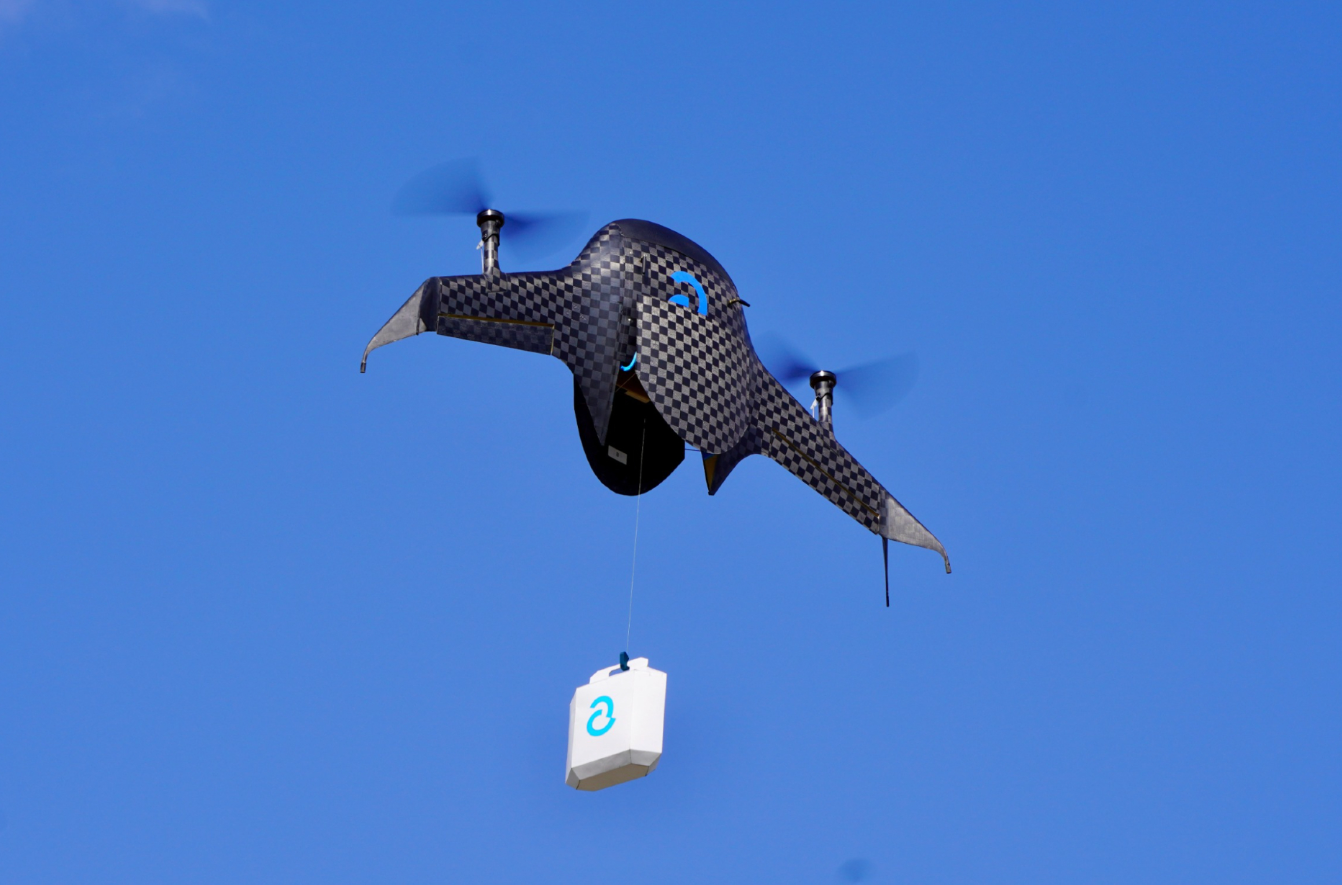INDIA’S AIRBOUND RAISES $8.65M TO BUILD ‘ROCKET-LIKE’ DELIVERY DRONES

A moonshot for one-cent parcels
Bengaluru startup Airbound has secured $8.65 million to develop vertical-lift drones designed to push delivery costs toward one cent per parcel. Led by a 20-year-old founder, the company pitches slender, rocket-style airframes with efficient propulsion and swappable battery modules. The concept targets short-haul, high-frequency runs between micro-fulfillment hubs and neighborhood lockers, with autonomy tuned for tight urban airspace. Investors are betting that lower capex per craft and longer duty cycles can beat today’s quadcopters on cost. The near-term plan is pilots in Indian cities where e-commerce density and traffic snarls make aerial hops attractive.
Scaling challenges and the regulatory maze
The hurdle is not just flight physics. India’s drone rules require permissions, remote IDs and corridor planning that vary by state. Airbound says its guidance stack prioritizes geofencing and resilient comms, with route prediction that adapts to no-fly zones and weather shifts. Safety cases will be scrutinized around schools, hospitals and high-rise clusters. Battery logistics—charging, swap stations, cell longevity—often make or break unit economics; the startup claims modular packs will keep turnarounds under two minutes. Retailers eye drones for late-night and peak-hour bursts, but warehouses must retool chutes, scanners and failsafes to avoid ground-side bottlenecks. If trials show reliable drops without noise complaints or debris risks, city permits, insurer buy-in and service-level contracts could follow fast.












